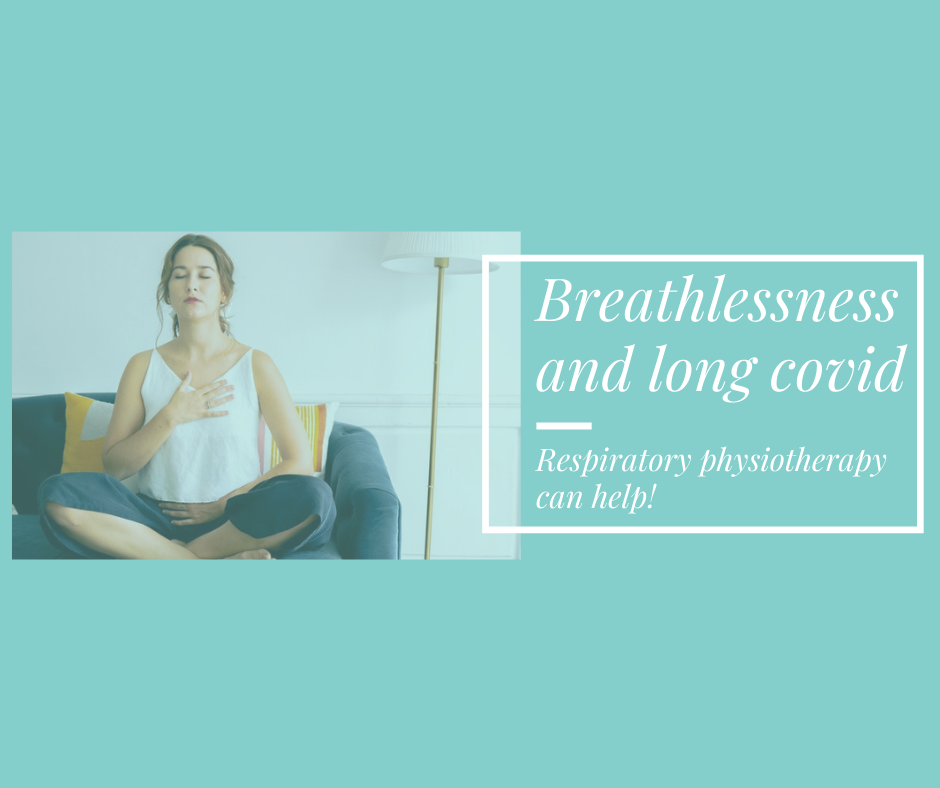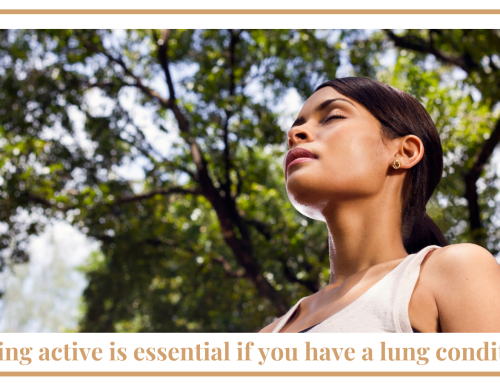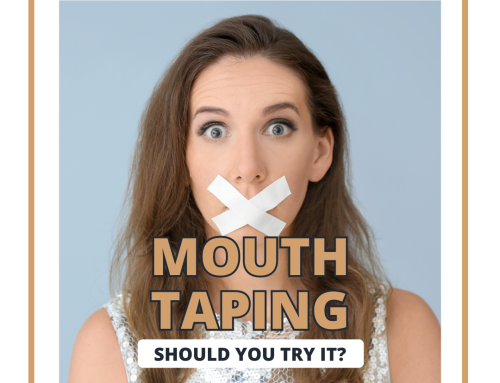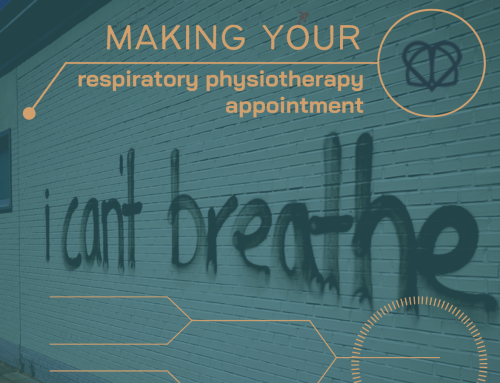Breathlessness.
Unfortunately, it’s an all too common symptom of long-COVID, which can affect people of any age, gender and physical fitness.
What does this breathlessness feel like?
It’s been described as feeling ‘puffed’, ‘short of breath’ or ‘winded’. You may find that this shortness of breath continues for some time after the acute part of your illness is over. Please be assured that this is a normal part of the recovery process.
Even the most normal everyday activities can make you feel breathless, such as:
- getting changed in the morning
- walking from room to room
- doing jobs around the house
Why are you feeling breathless?
When you are in the acute period of covid, you may be breathing differently because of the effect of the virus on your lungs. You’ll most likely need to breathe more heavily, you might be coughing lots, and this – coupled with the stress on the body and anxiety the virus may cause – can understandably have effects on the way you breathe. We are finding that in some people, these changes in breathing pattern aren’t returning to normal as they should, and so people are experiencing shortness of breath which is continuing long after the acute phase is over.
What should you do?
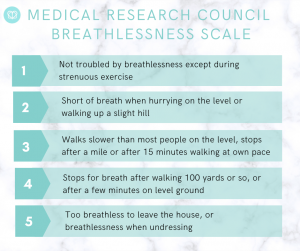
Before you do anything, you need to visit your GP to ensure there is nothing underlying that is causing your breathlessness.
Your GP may assess your subjective perception of your breathlessness, possibly by using something like the Medical Research Council (MRC) breathlessness scale. This is a scale that simply shows what types of activities your breathlessness prevents you from doing.
Your GP may think it’s sensible for you to be referred for further tests to check how your heart and lungs are functioning. These tests might include a chest X-Ray, a spirometry test, blood test or an electrocardiogram or ECG. Your health care professional will then look at all possible causes related to your individual circumstances to provide a diagnosis.
If you have had all the relevant tests and these come back with no abnormalities i.e. your heart and lungs are healthy, yet you are still experiencing symptoms, then a disruption to your breathing pattern is certainly something to consider. Respiratory physiotherapists can help diagnose and treat this as well as help with other post-covid symptoms you may be experiencing, such as fatigue.
Dysfunctional breathing – a breathing pattern disorder
When your breathing pattern changes, there is often a trigger which causes this, in this case covid. Changes in your breathing pattern might present as more mouth breathing rather than nose breathing, or engaging the wrong muscles to breathe (for example using the upper chest rather than the lower part i.e. the diaphragm). The end result is that your breathing can become a bit out of sync and it can also become too fast or the breaths you take become too large or small.
When this happens, getting some help from a respiratory physiotherapist to get your breathing back to normal is the very best way to boost your covid recovery and help your symptoms.
How can a respiratory physiotherapist help?
We are experts in assessing and treating breathing problems and can provide this successfully over video call or face to face in one of our clinics in London. We will assess your current breathing pattern and then tailor a set of exercises to help retrain it. Your treatment plan from your physiotherapist will help optimise your breathing pattern so that you can get back to activities you want to do.
We may also identify areas of muscle weakness or tension, postural discrepancies, or aspects of your day to day life which may also be contributing to your ongoing symptoms.
Give yourself time – and keep practicing!
There isn’t a quick fix for a breathing pattern disorder. The best way to help reduce your breathlessness and improve your breathing pattern is to be fully engaged and committed to practicing your exercises outside of any sessions you have with your respiratory physiotherapist. We can assure you your hard work will pay off and we are here to support you every step of the way.

